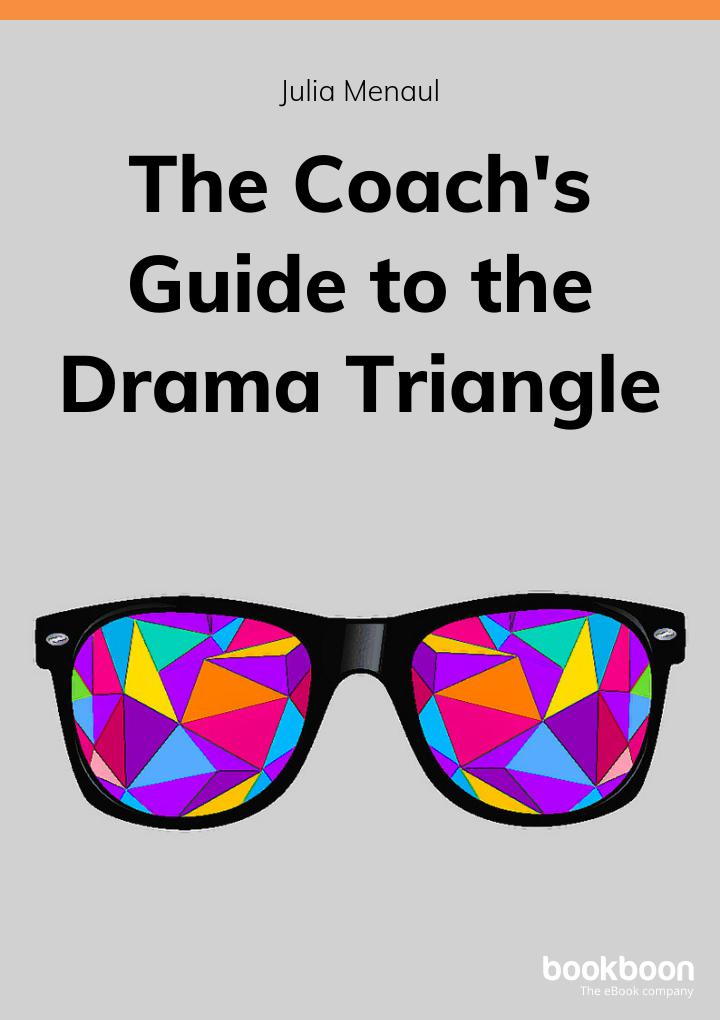Coaching: The drama triangle and the role of the coach

Triangles have long been used as models for conflict resolution. The idea being that when two conflicting individuals are left alone, difficulty resolving said conflict can ensue but adding a third person to mediate can often relieve tension. In psychology, this 1968 model for social interaction has been used for therapy and counseling. But how can it apply to coaching today?
Coaching model: The Drama Triangle
The Drama Triangle has been used intensively in psychotherapy, but now is an addition to the psychological underpinnings of many coach training programmes. It is referred to as a triangle because it models a solution that requires three individuals: The Persecutor, the Victim, and the Rescuer.
The Persecutor
In a coaching scenario, this role is often filled by an individual in an authoritative position such as a manager or boss but can also be a partner or spouse. The Persecutor has likely criticised the individual looking for coaching (the Victim in the next paragraph) in some way, causing them to seek out advice.
“You aren’t meeting your deadlines. I would like you to improve your time-management skills.”
The Victim
Taking on the role of the Victim is often not as negative as it may sound. The Victim, through reaching out for coaching, is making a proactive decision to seek advice on how to improve in an area in which they feel (or have been told by the Persecutor) could use development.
“I’m overwhelmed and can’t keep up with all of my work. Can you help me manage my time and stress?”
For more articles that make you think, check out our weekly newsletter, #ThoughtfulThursday here.
The Rescuer
The coach. In the Drama Triangle, the Rescuer is the individual that, through their experience and advice, helps the Victim overcome the Persecutor’s criticism and develop in the area in which they communicated a desire to improve.
“Try to start the habit of writing down your daily tasks and completing them in order of priority. It is also important to learn to say ‘no’ sometimes.”
Get thinking and check out our weekly newsletter, #ThoughtfulThursday to get the latest content straight to your inbox.




